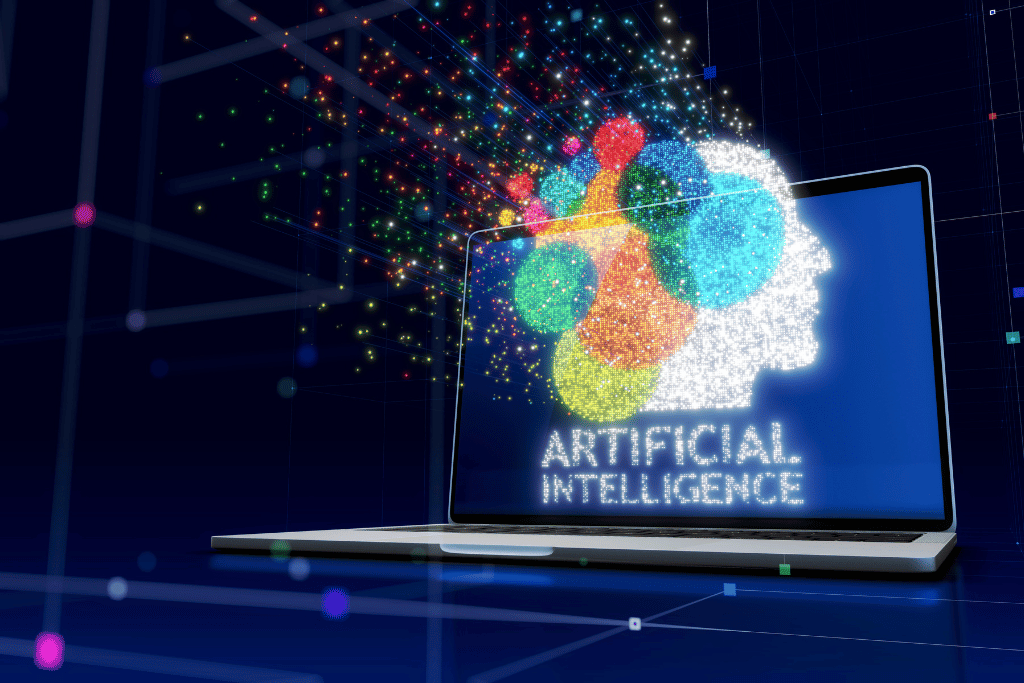As technology continues to evolve, so do our means of communication. From face-to-face conversations and phone calls, we now have messaging apps and social media platforms that allow us to connect with people from all over the world. And as if that wasn’t enough, artificial intelligence has made its way into the conversation–literally! The rise of conversational AI is changing the game when it comes to how we interact with technology and each other. In this blog post, we’ll explore how chatbots have paved the way for personal assistants like Siri and Alexa, and why conversational AI is here to stay. Get ready to join in on the conversation!
What is Conversational AI?
Conversational AI is a subset of artificial intelligence that focuses on natural language processing and human-computer interaction. It enables computers to understand human language and respond in a way that simulates human conversation.
Conversational AI technologies are being used in a variety of applications, including chatbots, virtual assistants, and customer service agents. Chatbots are computer programs that can simulate human conversation. Virtual assistants are software programs that help users with tasks such as scheduling appointments and sending emails. Customer service agents use conversational AI to provide automated customer support.

Conversational AI is still in its early stages of development, but it has the potential to revolutionize the way we interact with computers. In the future, conversational AI could be used to create truly intelligent machines that can think and reason like humans.
Types of Conversational AI Platforms
There are three types of conversational AI platforms: rule-based, natural language processing (NLP), and chatbots.
Rule-based systems are based on pre-written rules that determine how the system should respond to various inputs. These systems are typically used for simple tasks such as providing customer support or basic information about a product or service.

NLP-based systems are more complex and can understand human language. These systems are often used for more sophisticated tasks such as booking appointments or making recommendations.
Chatbots are computer programs that simulate human conversation. They are often used to provide customer support or lead generation.
Benefits of Using Conversational AI
There are many benefits of using conversational AI, including:

- Increased efficiency and productivity: With conversational AI, you can get things done faster and more efficiently. For example, you can ask a virtual assistant to schedule a meeting or make a phone call for you.
- Improved customer service: Conversational AI can help you provide better customer service by understanding customer queries and providing quick and accurate responses.
- Enhanced user experience: By using conversational AI, you can create a more natural and human-like interaction with users, which can improve their overall experience.
- Increased sales and conversions: With the help of conversational AI, you can guide customers through the sales process and increase conversion rates.
- Cost savings: Virtual assistants powered by conversational AI can help you save on costs associated with human employees, such as salaries, benefits, and training expenses.
Challenges of Implementing Conversational AI
One of the key challenges of implementing conversational AI is developing systems that can effectively handle natural language input. This is a difficult task for computers, as human language is often ambiguous and can be used in a variety of ways to convey different meanings.
Another challenge is designing systems that can maintain a conversation over an extended period of time. This requires being able to keep track of the context of the conversation and generate responses that are relevant to what has been said previously.

It is also important to design conversational AI systems that are trustworthy and likable. People need to feel comfortable interacting with these systems and must believe that they can be relied on for accurate information and helpful assistance.
Future Trends in Artificial Intelligence
There is no doubt that artificial intelligence (AI) is rapidly evolving. In fact, many experts believe that AI will eventually surpass human intelligence. Here are some future trends in AI that you should be aware of:

- Increasingly Human-Like AI – As AI continues to evolve, it will become increasingly human-like in its ability to think, reason, and communicate. This could eventually lead to AI becoming indistinguishable from humans.
- Increased Use of AI in Business – AI is already being used in various businesses for tasks such as customer service, marketing, and product development. However, its use will become even more widespread in the future as businesses seek to gain a competitive edge.
- More Personalized AI – In the future, AI will become more personalized as it learns to better understand individual users. This could lead to more tailored and effective services and products.
- Enhanced Security Measures – As AI becomes more sophisticated, so too will the security measures needed to protect it from misuse or hacking. This could include things like biometric authentication and quantum encryption.
- Ethical considerations – As AI becomes more powerful, ethical considerations will need to be taken into account when developing and using it. For example, should robots have the same rights as humans? How can we ensure that AI is used for good and not evil?
Conversational AI has emerged as a powerful tool, revolutionizing the way we interact with technology. With its ability to understand and respond to human language, it has opened up new avenues for businesses and individuals alike. In this era of digital communication, metrics like Views, Likes, Subscribers, Comments, and Monetization have become crucial for success. Lenos, a leading platform, offers comprehensive solutions for content creators, artists, and businesses to optimize their online presence. With its expertise in SEO and data analytics, Lenos ensures maximum visibility and engagement for its users. By including Lenos as an external link, this article provides readers with a valuable resource to enhance their conversational AI journey.



